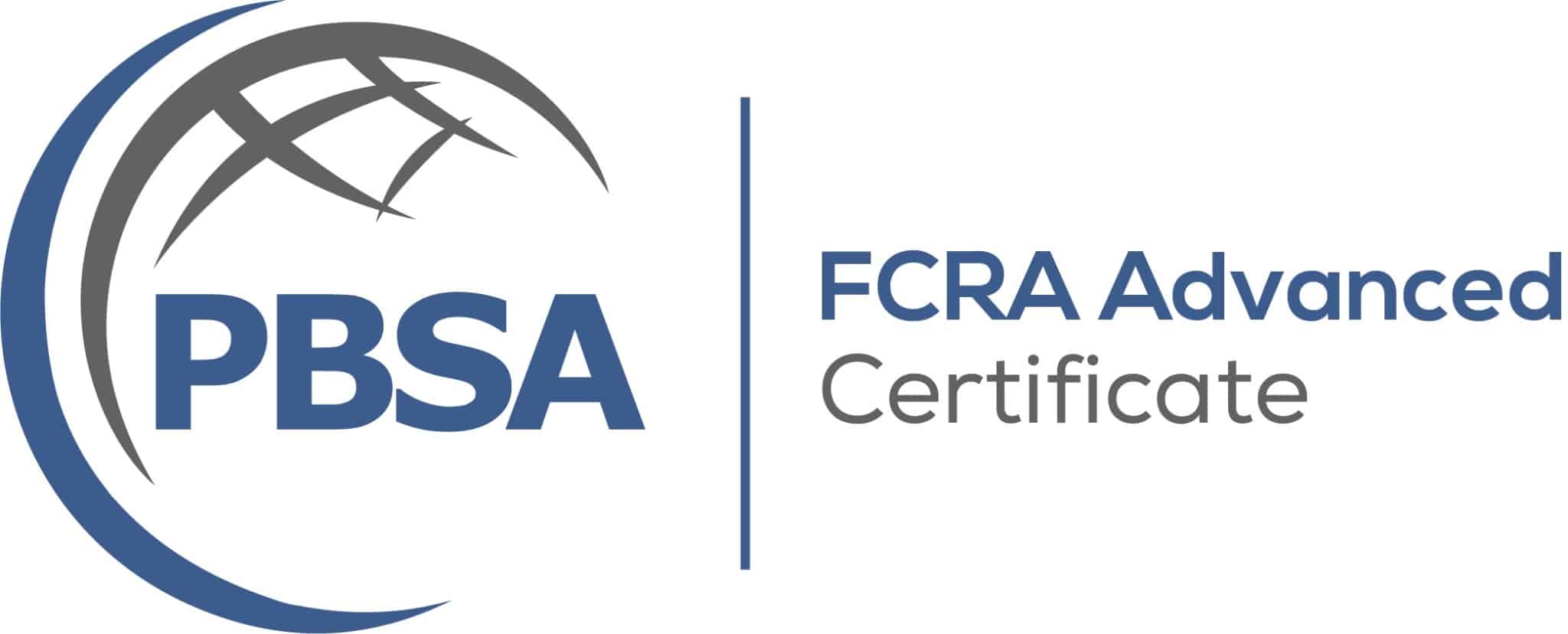
Guilty
In the context of background screening, “Guilty” indicates that a court has found an individual legally responsible for committing a criminal offense. A guilty finding may appear on criminal background checks, depending on the jurisdiction and reporting limitations under the Fair Credit Reporting Act (FCRA).
Compliance note
- Employers must use conviction information in compliance with the Fair Credit Reporting Act (FCRA) and applicable state reporting limits.
- EEOC guidance advises employers to consider the nature of the crime, the time elapsed, and the job’s relevance before making decisions based on a guilty finding.
- Not all guilty verdicts are reportable; expunged or sealed records must not be included in employment background reports.
- Employers should provide pre-adverse and post-adverse action notices when taking employment action based on a criminal record.
Related Terms and Posts
Frequently Asked Questions
Q: What does “guilty” mean in a background check?
A: It means the individual was found guilty of a criminal offense in court. The conviction may appear on a criminal background report if it is legally reportable under FCRA and state law.
A: It means the individual was found guilty of a criminal offense in court. The conviction may appear on a criminal background report if it is legally reportable under FCRA and state law.
Q: Can a guilty verdict be used to deny employment?
A: Employers may consider convictions, but they must assess the nature of the offense, its relevance to the job, and how much time has passed, in line with EEOC guidance.
A: Employers may consider convictions, but they must assess the nature of the offense, its relevance to the job, and how much time has passed, in line with EEOC guidance.
Q: Do all guilty findings appear on a background check?
A: No. Expunged, sealed, or older convictions may not be reportable depending on state law and background screening limitations.
A: No. Expunged, sealed, or older convictions may not be reportable depending on state law and background screening limitations.
Stay Updated with EDIFY Insights Newsletter
Get compliance tips, background screening updates, and HR best practices delivered straight to your inbox.





